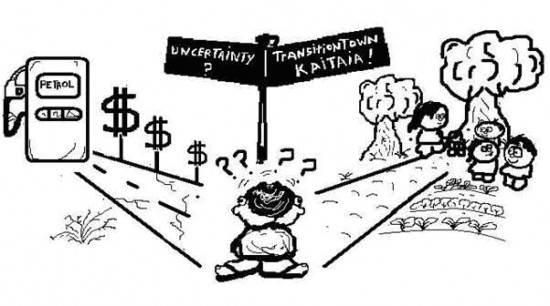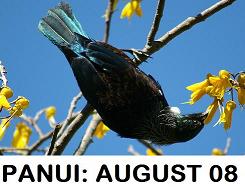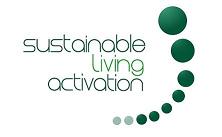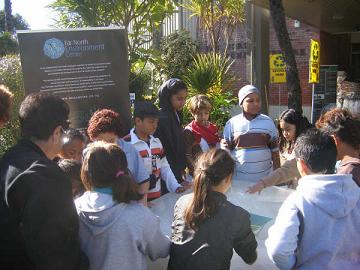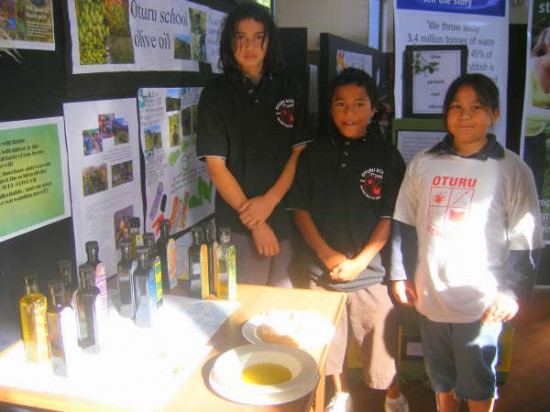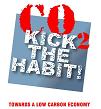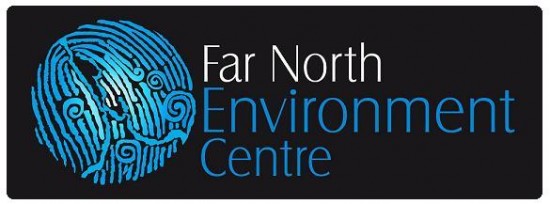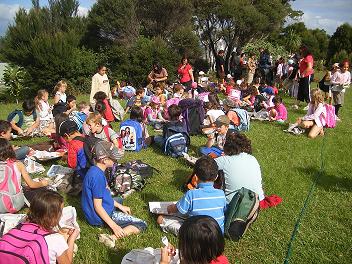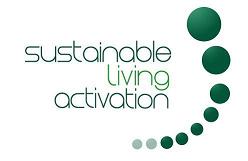- Our New Panui
The new Panui and website for the Far North Environment Centre promises to be more interactive. Easier to update, and sporting more links to related sites, the site provides current reports of actions and issues in our rohe. It includes our regular Panui, updating friends and supporters about projects and activities on a quarterly basis. This will largely replace the mail-out of the Panui as we try to reduce paper consumption and expand electronic services. It also enables us to publish more pictures relating to FNEC projects and local environmental issues in general.
If you are on our email list you will receive the Panui with a summary of each article and can click on the link at the end of each to view the expanded article and pictures. The same applies when you access the Panui on the website. Click on News and choose from the summaries of articles.
The website continues to be a work in progress and we welcome your comments and suggestions. To contact us click here
Please note you can subscribe or unsubscribe to this newsletter at anytime by following the link at the bottom of this page.
- What's new?
The first half of this year has seen the two Richards (Robbins and Lee) settle into the job of running the Centre. John Kenderdine retired after being the face of the FNEC for many years, but remains involved as a board member, where his long experience is valued, as well as being a passionate advocate for Transition Towns.
After many headaches arising from marketing alternative power generation gear, FNEC has shifted focus away from promoting sales to being more of an information hub for sustainable lifestyle resources. Current projects, the Sustainable Living Activation and local government instigated Sustainable Living Programme will continue to forge links throughout the community as these involve home visits and public workshops as well as regular contact with schools. The school and community gardens project in partnership with Te Oranga will also provide opportunities to engage with youth and achieve practical work with visible benefits for the environment and people alike.
- How big is your ecological footprint?
Sustainable Living Activation
The FNEC's application to the Ministry for the Environment's Sustainable Management fund earlier this year was successful in securing funding for the Sustainable Living Activation Programme. The programme was developed to help households in the Far North who want to reduce their ecological footprint.
With Richard Robbins as Project Manager, the programme will run for a minimum of 3 years. The Programme is a free service that will help individuals and households to assess and reduce their consumption and thereby reduce their ecological footprint.
For more information on the Sustainable Living Activation programme and how to sign up, click here!
- World Environment Day 5 June 2008:
CO2UNTDOWN to MELTDOWN
With less than a month of lead time (following confirmation of funding) to organize an event involving a large number of schools and community groups, FNEC staff, partner organisations and volunteers had a hectic time preparing for World Environment Day. With Matariki marking the start of the Maori New Year on the same day, a festive note was struck at the well-attended event, with schools mounting displays that celebrated seasonal events such as harvests from their gardens and studies of their local environment. Collaboration on this event has forged an ongoing partnership with Te Oranga, via their Health Advisor Anna Tripp, and the FNEC looks forward to pooling resources with this organisation to further promote projects relating to environmental health and, particularly, school and community food gardens.
A giant block of melting ice helped local school children comprehend global warming
Isaac Cassidy Taylor, Kaweka Isaac-Kingi and Mere Howard offer tastings of the delicious olive oil produced from trees they tend at Oturu School.
For more information and photos from World Environment Day 2008, click here
NZ World Environment Day 2008 Logo
- Our New Logo!
The thumbprint in our new logo reminds us not only that our environment is unique, it also brings the human aspect into the image of the Far North, reminding us that our actions make an impression. Wave or koru patterns signify some of the elements that are important in our rohe.
- Welcome to our new website
The FNEC website has been revamped to better reflect the Centre's role as an information hub. There will be more news of events and issues as well as the regular Panui.
Richard is attaining new heights of webmastery and can load all relevant business directly. If you have a website relating to the environment or sustainable living in the Far North, email Richard and he will set up a link to this site.
To visit our new website, click here
- Transition Towns Far North
The concept of Transition Towns has taken off in the Far North, with an inaugural Kaitaia TT meeting, appropriately, on World Environment Day, and a further meeting on July 10. As a response to peak oil and climate change, the aim of TT is to make our communities more resilient in the face of rising costs and diminishing resources. Sourcing food locally, reducing energy consumption and creating networks to identify essential skills within our neighbourhoods are some of the key objectives of this movement. Effective only if it is truly community-driven, the direction of TTs will evolve out of collectively identifying effective local responses to both local and global problems. The role for FNEC is largely as an information hub and potentially a coordinator of public consultation.
See the full article here.
Visit the NZ Transition Towns website here.
- School/Community Gardens
Also relating to Transition Towns and food security, school and community gardens are high on the agenda for the coming season. Initiatives started at Mangonui Primary School and Oruaiti School involved both the FNEC and Te Oranga, and we are planning to build on that partnership and the enthusiasm the children, their families and teachers have shown for growing their own kai. Funding is currently being sought so that the project can be ongoing, with regular support for participating schools so that they not left feeling like victims of the ‘seagull effect' (a splat here and a splat there!)
Mangonui Primary School children enjoy a hangi with vegies from the school garden
- Food Co-op
With spiraling food and transport costs, people are looking for ways to access quality (preferably organic) food through direct purchases from producers or wholesalers. FNEC is currently scoping a proposal to run a food co-op at the Centre so local families and individuals can enjoy the savings from purchasing in bulk. Besides reducing costs, the co-op will reduce ‘food miles' and support local and New Zealand producers by buying as locally as practicable.
For the full article, click here.
- Alphabet soup
A quick guide to the acronyms at the FNEC:
- SLE. Sustainable Living Exchange. An information hub where you can access info and resources to help you plan and achieve a more sustainable lifestyle. If you can't get to town, access the exchange online.
- SLI. Sustainable Living Information. An interactive service to help reduce your ecological footprint.
- SLA. Sustainable Living Activation. Project Manager, Richard Robbins can make a free assessment of your household sustainability and provide an Activation Pack.

